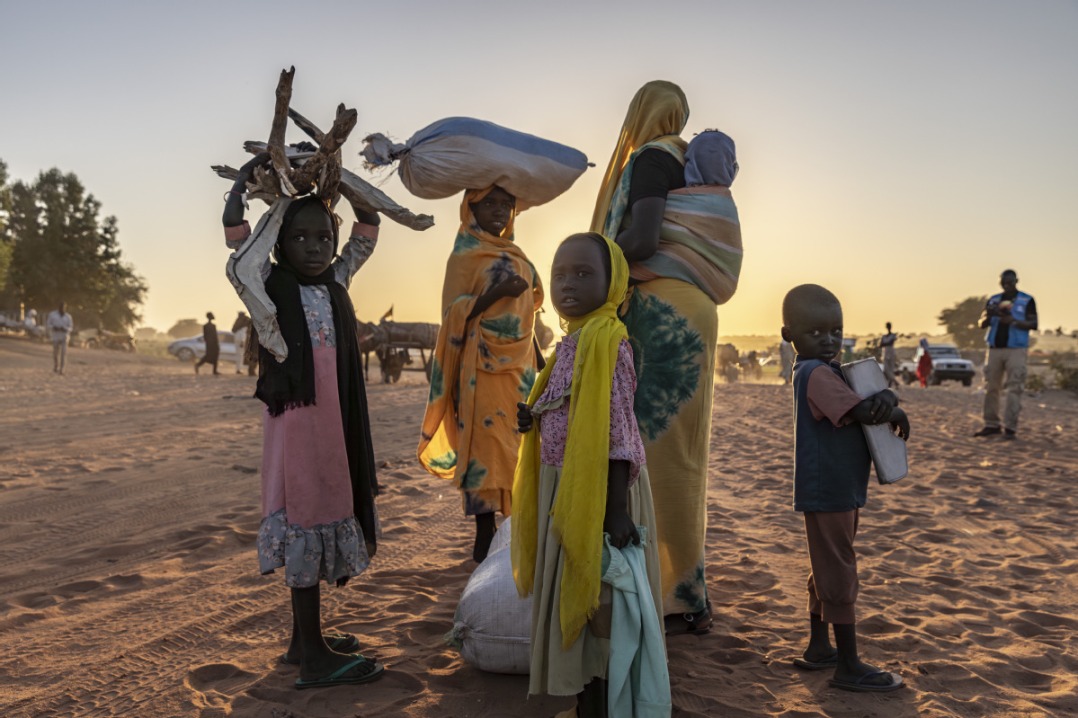Nepal holds energy investment allure

“The various advantages such as a US dollar-based power purchase agreement along with an annual increment in the power purchase rate during the initial nine years, complete tax exemption for the first decade along with a project development agreement that protects investors from changes in law, ensures the above results,” said Acharya.
Currently, there are more than 50 foreign investors in Nepal’s power sector and Acharya expects the number to grow rapidly in the coming years. The top investing countries are China, India and South Korea.
A Xinhua report citing data from Nepal’s Department of Industries showed that China has topped investment commitments to Nepal in the past few years. China committed the largest foreign direct investment in the fiscal year ended July 2016 and also pledged more than two-thirds of total FDI to Nepal during the first half of the current fiscal year. In 2014, it was reported that more than 90 percent of the investment from China went to the hydropower sector.
Ye Xinping, chairman of China’s State-owned Hunan Construction Engineering Group (HNCEG), said the engineering cost of hydropower plants is relatively low compared with thermal power, wind power and photovoltaic power systems, making it a green and cost-effective choice for investors. The company is in talks with the Nepal government about the possibility of investing in the country’s hydropower sector.
HNCEG has rich experience in overseas electricity projects, with a footprint in Fiji, Mongolia, Ghana and other countries. It is now undertaking construction works in Papua New Guinea on a hydropower plant with installed capacity of 51,000 kilowatts, which is that country’s largest hydropower plant so far.
“We now have nearly 20 hydropower plants under construction in China and foreign countries,” said Ye, adding that the company has strong capabilities in designing, constructing and operating hydropower projects.
Ye said the overseas projects not only help meet local demand for electricity but also provide jobs for local residents. “Like electricity-related projects in Fiji, Mongolia and Ghana, around 70 percent of our staff are hired locally. We provide training and proper management arrangements to ensure their income and welfare,” he said.
“(Foreign) companies need to localize themselves,” said Ye. “Not just building up a good relationship with the local government, (and) the embassy, but also gaining support from local residents.”
For foreign investors like HNCEG, Ye said the main concern will be risks in politics and resources, as well as the sustainability of economic development. When making investment, a reliable support system is needed, including market research, applying qualifications in accordance with the rules and regulations to ensure a project’s smooth implementation.
“Nepal has created a favorable environment for foreign investors, especially with the investment protection agreements it has signed with many other countries. These agreements, along with other agreements that avoid double taxes, have created legal protection for investors like Chinese companies,” said Ye.
Ambassador Paudyal said Nepal will have a stable government after the recent election, boosting investor confidence. He said the government will continue to adopt friendly foreign investment policies and make efforts to meet investors’ demands.
Bilateral ties
Paudyal expects more participation from Chinese companies under the China-led Belt and Road Initiative, which aims to boost trade and infrastructure connectivity between Asia and the rest of the world by reviving the ancient Silk Road routes. He believes the initiative allows China and Nepal to develop projects of mutual benefit.
Nepal and China in May reached a memorandum of understanding on bilateral cooperation under the framework of the Belt and Road Initiative.
“By developing power, Chinese enterprises can contribute to the socioeconomic development endeavor of Nepal that reaches to every household,” said Paudyal. “Jobs created for Nepali youths by the Chinese investment will further strengthen, at the people’s level, our age-old friendly relations.”
In November, Reuters reported that Nepal scrapped a US$2.5 billion deal with China Gezhouba Group Corporation to build the country’s biggest hydropower plant — the Budhi Gandaki hydroelectric project — raising questions among foreign investors.
“Lots of Chinese investors have asked me questions about the cancellation of the said project and I have been insisting to them that the cancellation of this project would not impact the future investment from Chinese enterprises in Nepal,” said Paudyal.
A case in point is the 750 MW West Seti hydropower development project. Just a few days after the cancellation of the deal for the Budhi Gandaki plant, an agreement was signed by the Nepal Electricity Authority and China Three Gorges International to form a joint venture company to expedite the West Seti project.
“The government is committed to protect the legitimate interests of Chinese investors,” said Paudyal.
Ye at HNCEG admits the scrapping of the Budhi Gandaki deal will have caused some negative effects for Chinese investors, yet it is important to resolve the problems and barriers in cooperation by enhancing communication with the local government. He foresees more companies expanding their business, especially in infrastructure projects, in support of the Belt and Road Initiative.
Acharya from EDC said investors should pay attention to power-related projects other than in the hydropower sector. “Chinese companies should begin to establish assembling plants for electric machinery and equipment in Nepal if (China) wants to be the major player in the South Asian market,” he said.
“It is the right time for Chinese financial institutions and Chinese EPC (engineering procurement construction) contractors to come to Nepal and become the major partner in the 40,000 MW endeavor of Nepal,” said Acharya.































